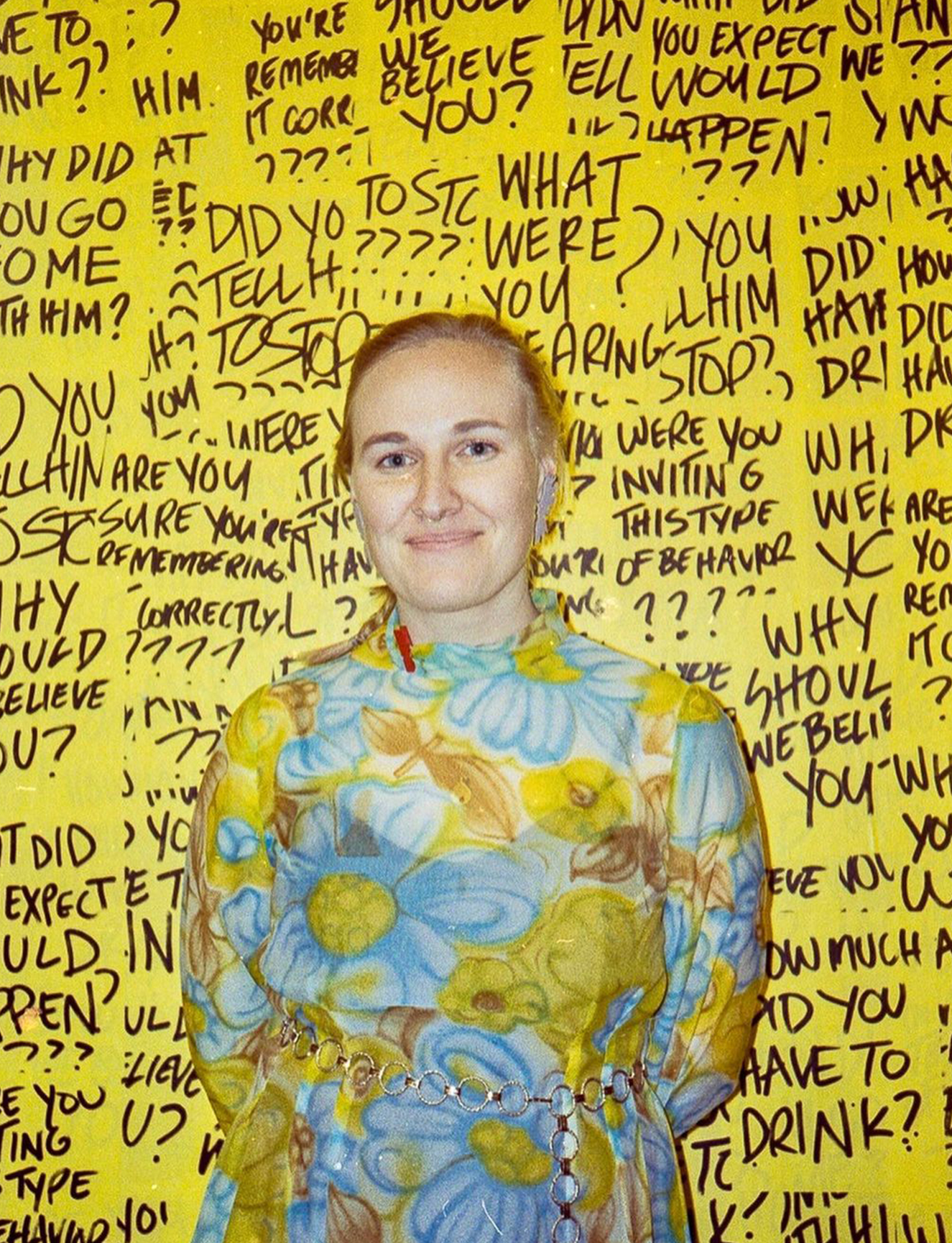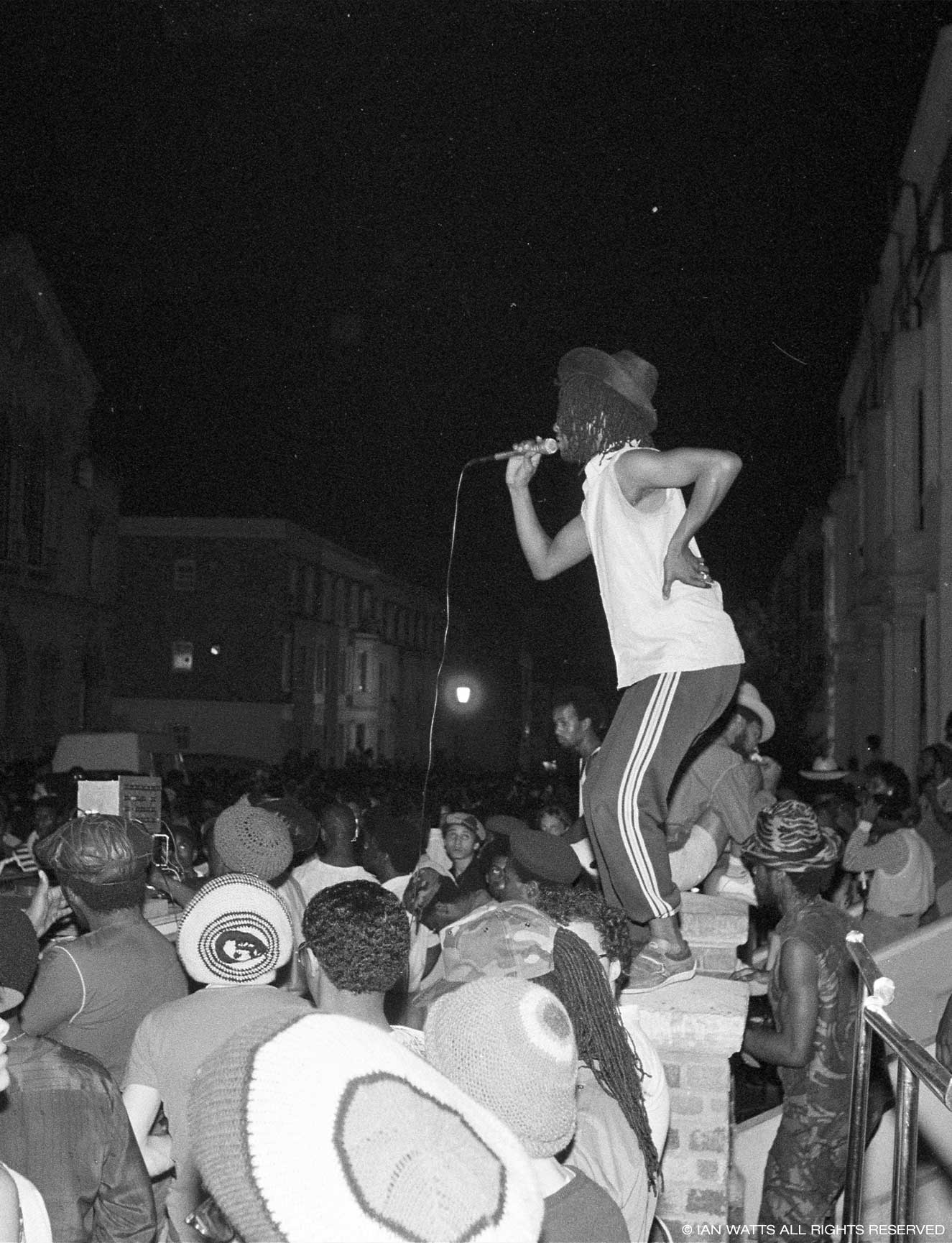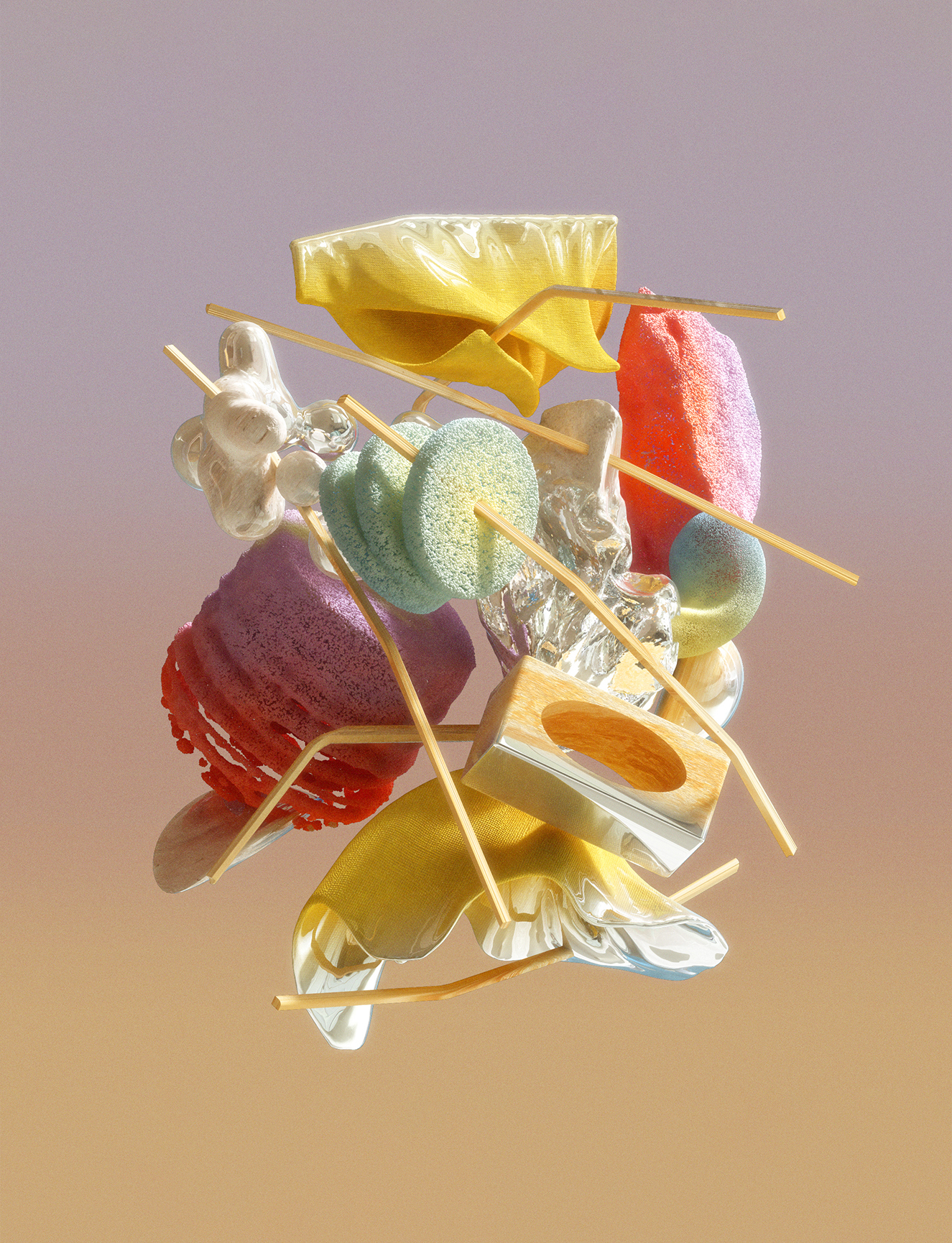When do you feel most creative?
I feel most creative when I’m prioritising balance and taking care of myself. Creativity needs space for ideas to simmer and connect. When I’m really stressed out and my life is out of balance, there isn’t enough space for creative ideas to rise to the surface. I manage my stress through weekly therapy, compassionate mindfulness, and a flexible routine.
I also feel most creative when I’m in tune with my surroundings. I find an abundance of wonder when I leave my house to go for a walk. I have lived on the same street for the past six years, yet I always find something new to tune into.
Tell me a little about your relationship to deadlines? Do you meet them easily? And do you need them to motivate you?
Deadlines are really helpful to me and my creative practice. They help create structure around my work so that I can prioritise all of the things that I value. I meet my deadlines easily for the most part, but when I don’t, I’m very compassionate with myself. We can make all the attempts in the world to get our work done, but sometimes life has other plans.
Creativity needs space

Do you need routine?
Routine is wildly important to me. I’m neurodivergent, and it’s really easy for me to get off track. Having a routine helps me create a balanced life and to make time for all of the things I value – my work, self-care, relationships and relaxing.
I do this through having visual blocks on my calendar for things that matter to me: morning self-care and sketching, morning admin tasks, taking breaks, head down time, etc. Seeing everything on my calendar reminds me that I’ve already accounted for a break, so it’s okay to take one!
How much do you adhere to a ‘conventional’ 9-5 working week?
I work for myself so I set my own hours. Some days fit neatly into a 9-5 schedule, and other days don’t. For example, movement is really important to me, but I wince at the thought of exercising in the morning and I’m exhausted in the evening. So sometimes I take a break for that around 3 in the afternoon, when my brain is wandering from work but my body still has energy.
Adhering to a 9-5 for myself (and I’m sure for most people) is very defeating. I do not get my best work done sitting for 8 hours and taking 1 break for lunch. It’s unsustainable, not productive, and not compassionate.

Do you work better in the morning or the evening?
I have more mental clarity in the morning and I have more creativity in the evening. Because of this, I spend my mornings doing the things I need to meet my deadlines, and in the evening, I try to set down work. I struggle with hyperactivity and setting boundaries with work, so in the evening often I will aimlessly draw, colour, or do something creative that is intentionally not productive and instead is restful.
Do you work on the weekends?
Part of my art practice is hand poke tattoos, and as a lot of my clients do work traditional 9-5 jobs, their availability to get a tattoo is on the weekends. I work Saturdays tattooing currently, and I take off Sundays, and also try to minimise my Friday workload to balance this back out. I’m still figuring out what makes the most sense so that I can create time for rest.
Do you try to draw a clear line between ‘life’ and ‘work’ or does it all blend into one?
I am in my first year of freelancing, and when it began it was so difficult to set clear lines between work and life, simply because I enjoy my work so much. The further I get into my freelance career, it feels more like work, and it’s become more important to set boundaries with it. Some goals I have for 2024 are to evaluate my routine and get closer to my finances. Doing both of these things will help me draw clearer lines between work and life, which ultimately allows me to make time for everything I value in life.
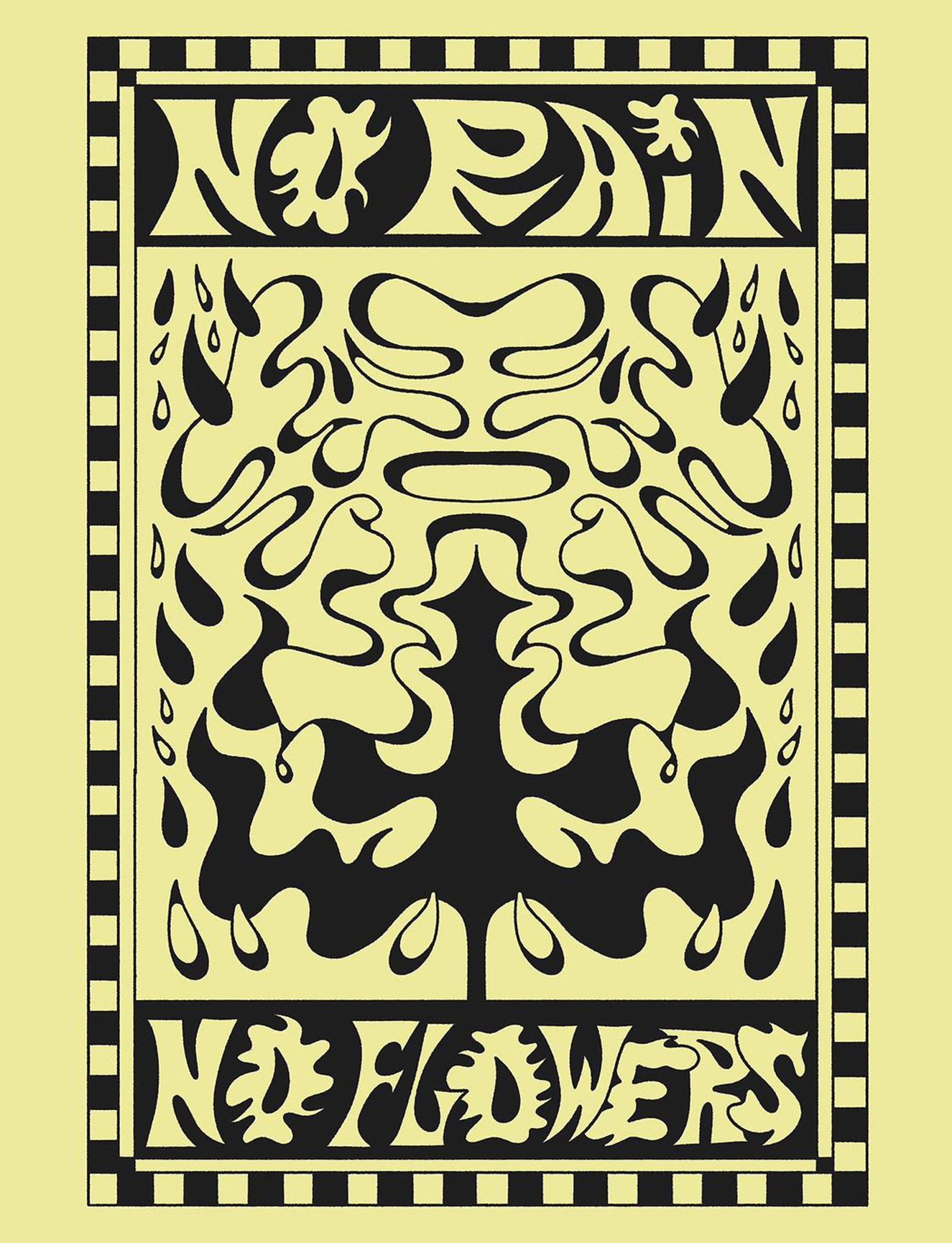
On days when you hit a creative block, what do you do to get past it?
The first thing I do is offer myself compassion and remind myself that everything is temporary. It will pass eventually. Creative blocks can last a moment, a day, or even months. And that’s okay. When I’m in a creative block, I love to pick up a new medium, or an old one I haven’t tried in a while. I’ll get out my old watercolours, cut up some paper and make collages, get out the crayons, or mess around with clay. Doing this gets me out of my head, out of my projects, and into my body. It helps forge new pathways that ultimately lead me out of my block.
Everything is temporary
I also find it really important to step away. Hitting a block probably means I am too close to whatever I am working on. In these moments I ask myself what I need and try to zoom into things that aren’t ‘work’. This is when I’ll go on a mindfulness walk, make an extravagant meal, or try something new.
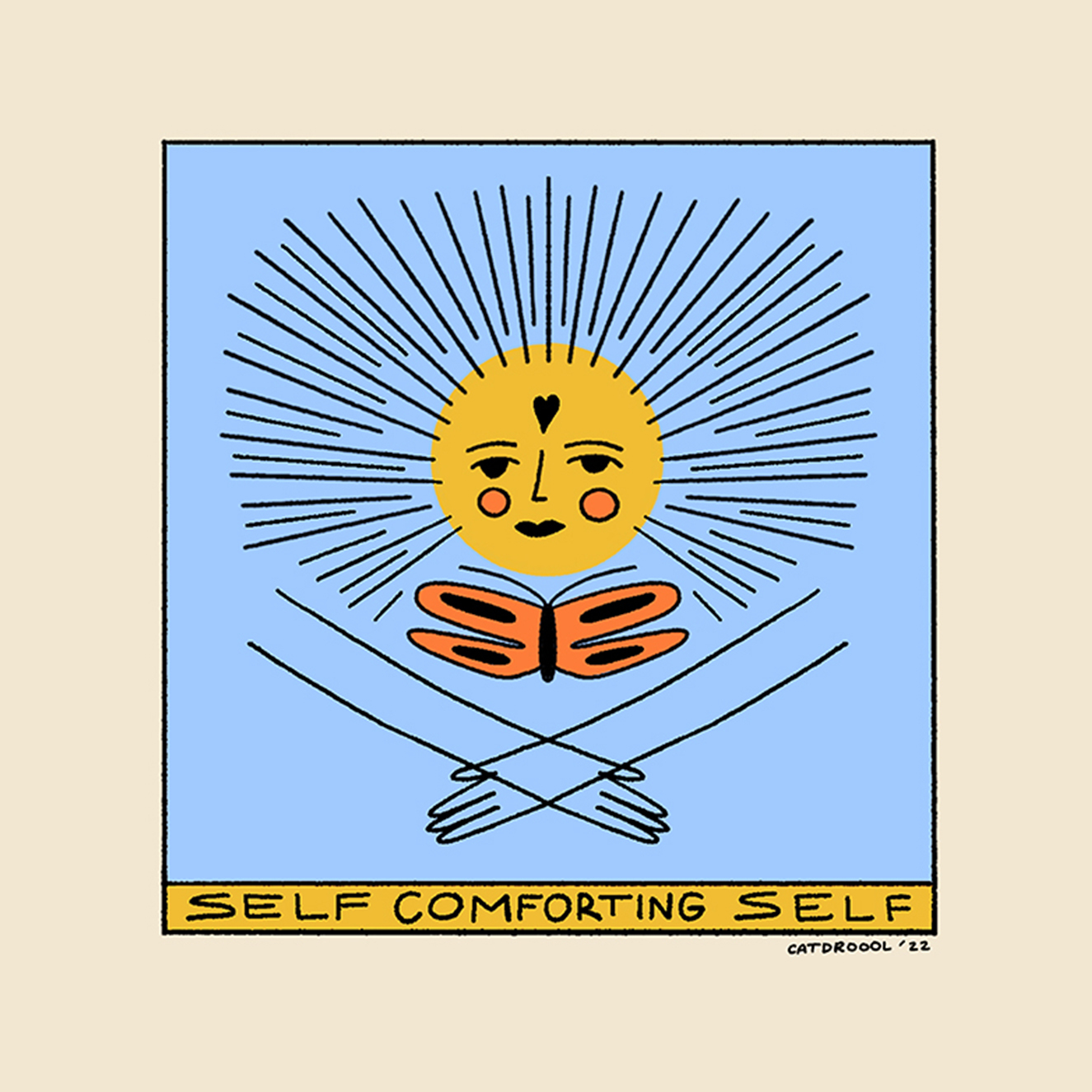
How has your relationship with your practice evolved over the years?
Learning I am neurodivergent was a crossroads for me where my practice really started to evolve. I suddenly had names for things I was struggling with, a community of other neurodivergent people who I could relate to, and more compassion for myself. I understood why routine is so important to me, and also why it’s so hard to stick to. I learned how to better organise my office, and how to better structure my day. Ultimately, I learned that a system that works great for me now might not in a week or 6 months, but that that’s part of life. The more compassion I give to myself and my practice, the better my work becomes.
Read More: Creative Living: Jemilla Pir



